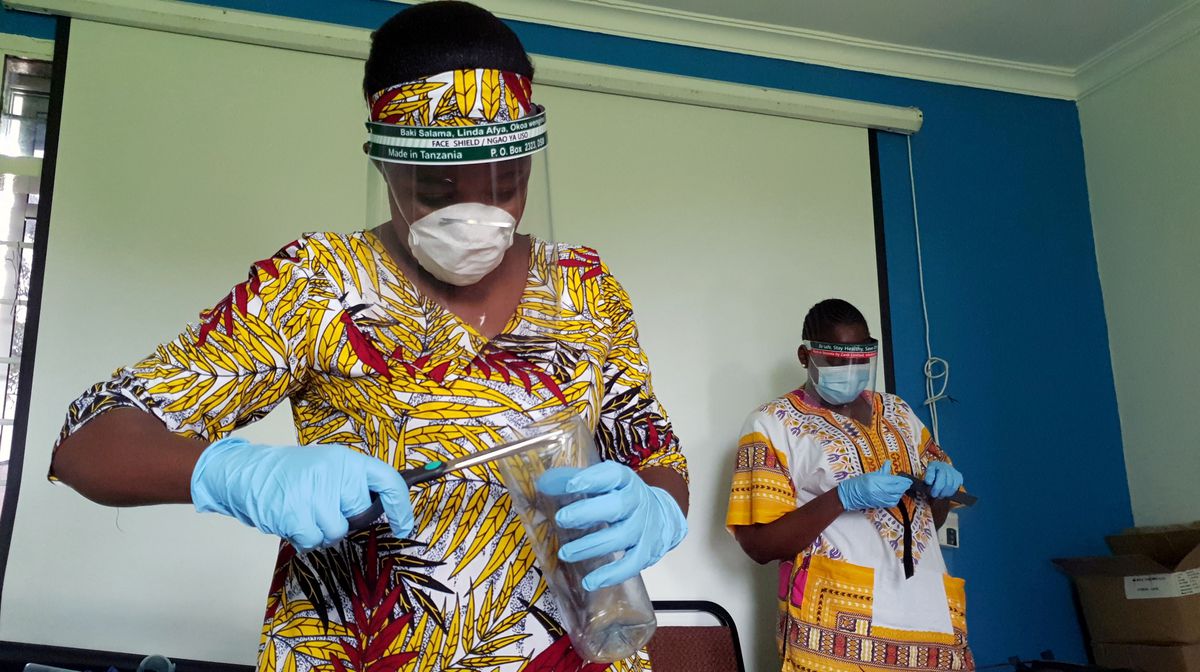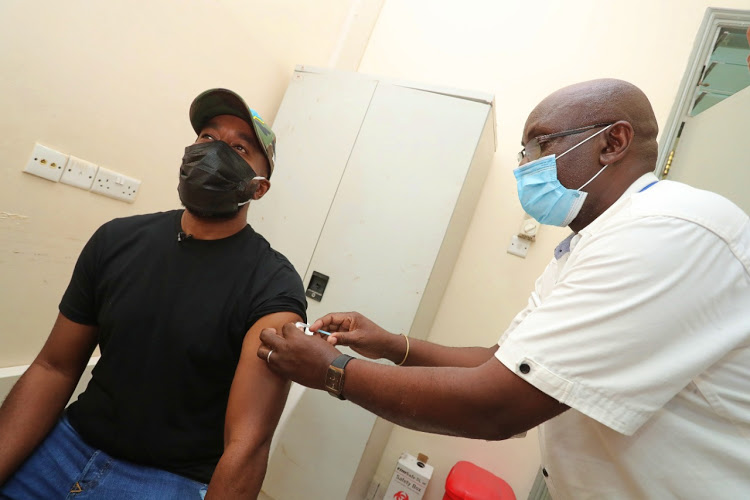Photo Anadolu Agency
ANKARA (AA) - Kenya on Monday confirmed 18 new COVID-19-related deaths and 137 new infections after doing 1,641 COVID-19 tests across the country in last 24 hours.
While 2,871 fatalities from the virus have been confirmed by the Health Ministry so far, it confirmed a total of 160,559 infections from 1.68 million tests done since last year across the country of almost 55 million.
The ministry also confirmed 216 recoveries from the COVID-19 Monday, pushing the total to 109,077 including 79,443 from home-based care and isolation and 29,634 from various healthcare facilities.
On the ongoing COVID-19 vaccination campaign in the East African country, the ministry said that as of Monday, “a total of 887,034 persons have so far been vaccinated against COVID-19.”
The vaccinated include 516,616 age 58 and over, 158,168 healthcare workers, 137,701 teachers, and 74,554 security officers, according to the ministry’s latest daily update.
On Saturday, President Uhuru Kenyatta, praised healthcare workers for their role in the fight against COVID-19 as the rate of infections in the country falls.
He also announced the lifting of partial lockdown measures imposed last month to curb the spread of the virus.
Restaurants, bars, schools, and religious services will now reopen, Kenyatta said, encouraging employers and businesses to allow employees to work from home. - Ekip/Anadolu Agency








